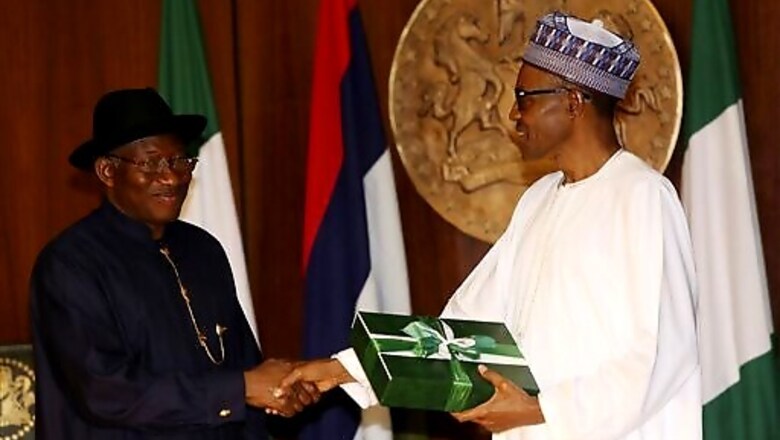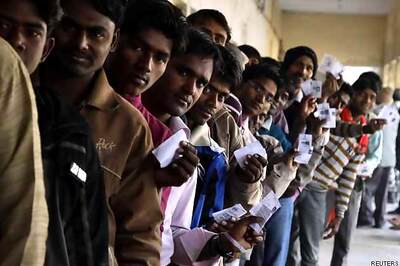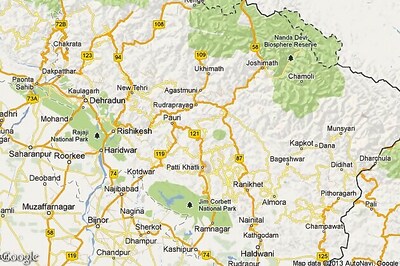
views
Abuja: Muhammadu Buhari becomes Nigeria's new head of state on Friday, in an unprecedented ceremony after he won the first opposition victory over a sitting president in the nation's history.
The 72-year-old takes charge of Africa's most populous nation, which is facing crises on several fronts, from severe economic turmoil to Boko Haram's still-raging Islamist insurgency.
The inauguration, before visiting heads of state and dignitaries, comes 32 years after the former army general seized power in a military coup. He was ousted after 20 months in office.
Buhari has described himself as a "converted democrat" and vowed to lead an administration committed to the needs of Nigeria's 173 million people by cracking down on the scourge of corruption.
But analysts said his first task may be managing the expectations of a nation that has struggled for decades with woeful infrastructure, crippling unemployment and widespread unrest.
Beyond the challenges facing the new government, the historic importance of Friday's ceremony should not be overlooked, said Clement Nwankwo, an activist who fought against military rule.
"The handover... represents a significant milestone in the democratic development of Nigeria," Nwankwo, who now heads the Policy and Legal Advocacy Center, told.
Civilian rule was restored in 1999 but the Peoples Democratic Party (PDP) has held power at the federal level for the last 16 years, at times appearing intent on staying on at any cost.
Buhari's win over outgoing president Goodluck Jonathan in March 28 polls and the subsequent inauguration of a long-time opposition leader were not expected, added Nwankwo.
"I would say I am pleasantly surprised. Given the history of Nigeria's elections, it was always going to be a surprise to see an incumbent lose."
Heads of state, including South Africa's Jacob Zuma, and Western dignitaries such as US Secretary of State John Kerry will attend the inauguration, which starts at 0800 GMT.
Nigeria is Africa's top oil producer and leading economy, deriving more than 70 per cent of government revenue from crude sales.
Plunging oil prices have caused a cash crunch that has left thousands of civil servants unpaid and pushed the naira currency to historic lows.
Buhari and his All Progressives Congress Party have pledged sweeping change, particularly in job creation, electricity supply and insecurity.
But with the public coffers in tatters, Buhari's ability to deliver on campaign promises may be limited in the short term.




















Comments
0 comment